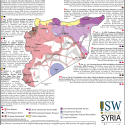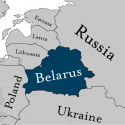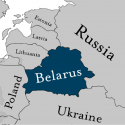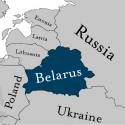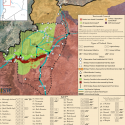SDF Begins Mass Release of ISIS Members and Sympathizers in Syria
Oct 16, 2020 - Jason Zhou, Eva Kahan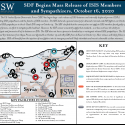
The US-backed Syrian Democratic Forces (SDF) has begun large-scale releases of ISIS detainees and internally displaced persons (IDPs), including ISIS sympathizers and the families of ISIS members. The SDF declared a general amnesty for detained criminals and ISIS fighters on October 15 and ISIS sympathizers in the al Hawl IDP camp on October 14. The SDF clarified that the amnesty does not apply to ISIS members found guilty of killing Syrians, an effort to mitigate public backlash. However, the SDF cannot consistently apply that standard, as it does not have the ability to investigate and prosecute all of its detainees or IDPs. The SDF does not have a process to deradicalize or reintegrate released ISIS sympathizers. The SDF released 631 detainees from Alaya Prison near Qamishli on October 15 and 289 IDPs from al Hawl on October 13. More releases will likely follow in coming days. ISIS will benefit from the injection of new fighters into its insurgency and will likely intimidate and recruit vulnerable civilian returnees.


